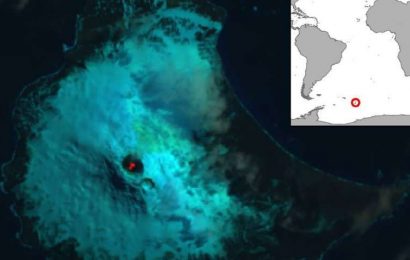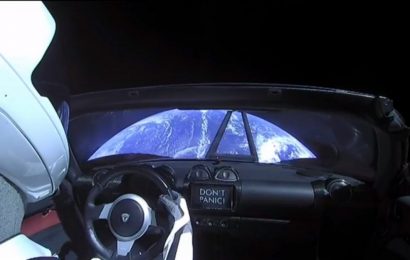By comparing astronaut Scott Kelly after a year in space, to his brother, Mark Kelly, that was left on Earth, it was proven that they were not genetically identical twins anymore after the space trip
Scott’s year in space might have aged him and caused genetically changes that are now differentiating him from his identical twin brother, Mark Kelly, that remained on Earth. Born just a few minutes apart, the twins were both US Navy captains, both flew on the Endeavour and Discovery space shuttles and both spent time on board the International Space Station (ISS).
But after Scott Kelly has spent 340 days on board the ISS, NASA findings showed that more than seven percent of his genes no longer match those of brother Mark. Tests showed his immune cells rose suggesting inflammation, and he may even be biologically older than his brother now, based on the speed of detrimental changes to his DNA. This is surprising because, even though it was known that astronauts’ bodies change to adapt to living in microgravity, it was generally assumed the effects wore off when returning to Earth.
But even though Scott landed back in March 2016, his body has yet to return to normal, some of the genes which appeared to have permanently changed involve DNA repair, bone formation, and how the cells use oxygen. This was a great opportunity for NASA to better study the genetic changes that happen to the human body after long periods in space.



